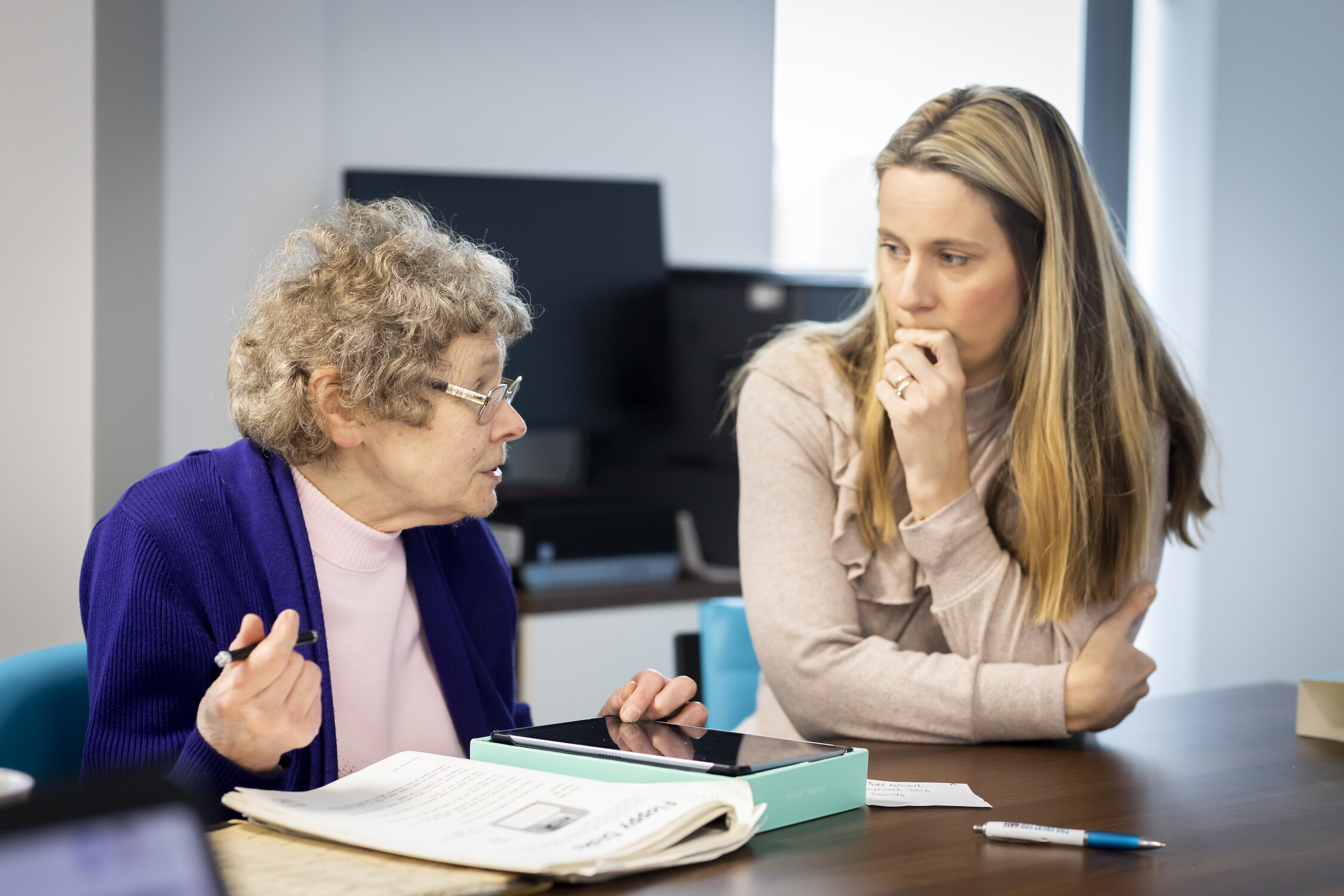New research from Age UK as part of its “Know What to Do” campaign” highlights the anxieties and challenges millions of adult children face when it comes to supporting older parents.
With people living for longer, greater pressure on the health and social care system and the continued cost of living crisis, the responsibility of supporting ageing parents is increasingly falling on adult children. The new research suggests that one of the biggest concerns people have about supporting an older relative is their lack of knowledge around what to do to help their parents as they age. 6.6 million people aged 40-60 (79%) who are considering caring for or supporting an older parent in the future, worry that they wouldn’t know how to support them].
This fear is coupled with the challenges of managing their own responsibilities with the needs of ageing loved ones. Around 5.7 million (69%) who are considering caring for or supporting an older parent in the future, say they would find it hard to care for or support their parent(s) whilst juggling their own life, such as their job and children.
Money worries also top the list of things to be concerned about in the future, with 5.1 million/three fifths (61%) of adults aged 40-60 considering caring for or supporting an older parent saying they would struggle to manage financially.
Additionally, three quarters/6.1 million (74%) of adults aged 40-60 thinking about caring for or supporting an older parent in the future say they would find it stressful.
Following the launch of the Charity’s latest TV film that first aired this Spring, Age UK is getting ready to launch an updated version of the film for Summer which shines a light on the anxieties those with older parents have as they anticipate taking on the responsibility of supporting their loved ones. Age UK’s “Know What To Do” film and campaign point out that no one needs to cope with these issues alone and that Age UK is there to help.
Further highlighting the fact that so many just don’t know what to do when it comes to supporting older parents, the research found that large numbers of adult children are unaware of available resources, support systems or procedures to support their parent as they deal with getting older. 4.1 million adults aged 40-60 (49%) considering caring for or supporting an older parent in the future say they wouldn’t know how to help their parent(s) get care.
Experiences and challenges
2.2 million adults aged 40-60 (27%) considering caring for or supporting an older parent in the future say they wouldn’t know what to do if their parent(s) have a fall and over a third (35%) say they wouldn’t know what to do if their parent(s) become isolated or lonely.
Age UK’s research also highlights the experiences and challenges for those who already care for an older parent. 3.3 million adults aged 40-60 already currently care for or support at least one older parent with tasks including:
• taking them shopping or doing their shopping for them (72%)
• helping with household chores (68%)
• accompanying them to medical appointments (67%)
• looking after them if they are unwell (63%)
However, of the adults aged 40-60 who are already caring for a parent, three fifths/2.0million (60%) said they didn’t know how hard caring for or supporting their parents was going to be.
Despite the challenges and worries linked to caring for and supporting older parents, many of those questioned recognised the importance of this stage in their relationship. Three fifths/1.9 million (59%) of adults aged 40-60 currently caring for or supporting an older parent think supporting their parent(s) has brought them closer and nearly three quarters/2.4 million (72%) enjoy being able to give something back to their parent(s).
Caroline Abrahams, Charity Director at Age UK, said: “Inevitably, as our parents get older, at some point they are likely to require more help. This can be really difficult for them if they are accustomed to being highly self-sufficient, and reluctant to acknowledge that they can’t do everything they used to, unaided. Perhaps less obviously, this often poses challenges for adult children too, as we have to come to terms with what the passage of time means for our Mums and Dads, as well as working out what’s best to do from a practical point of view, including navigating the complex health and care system.”
